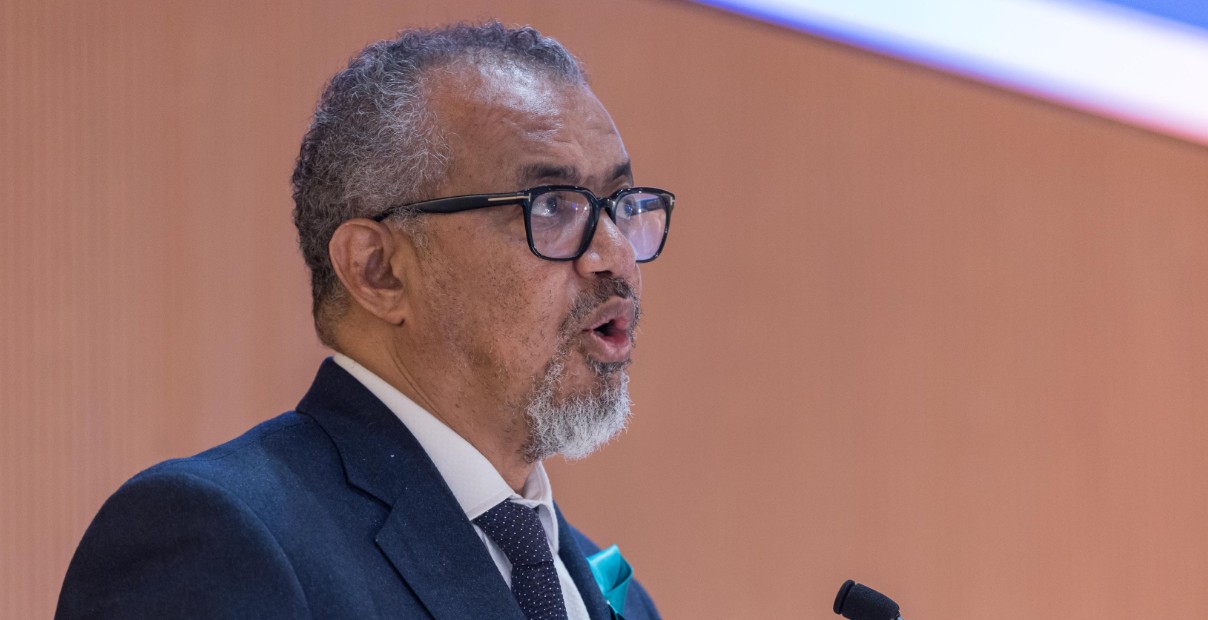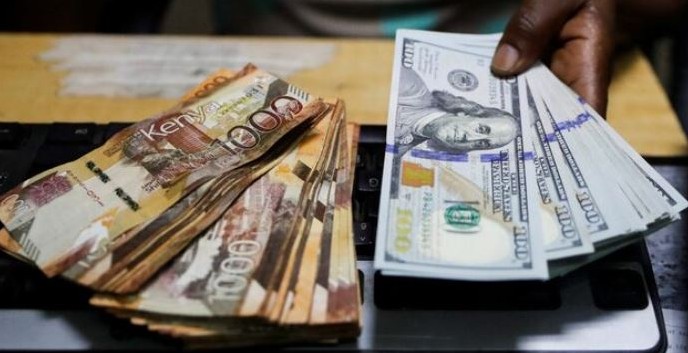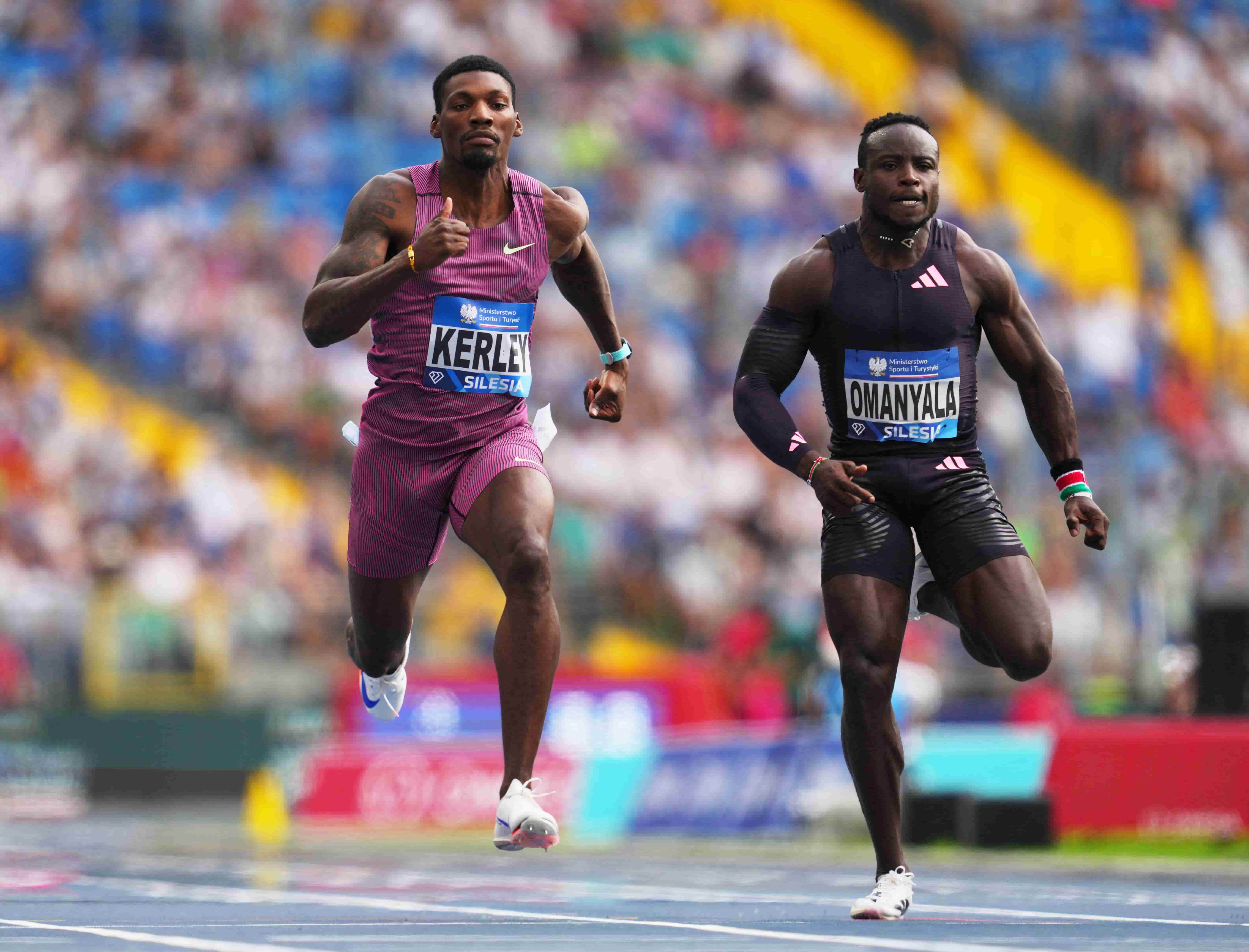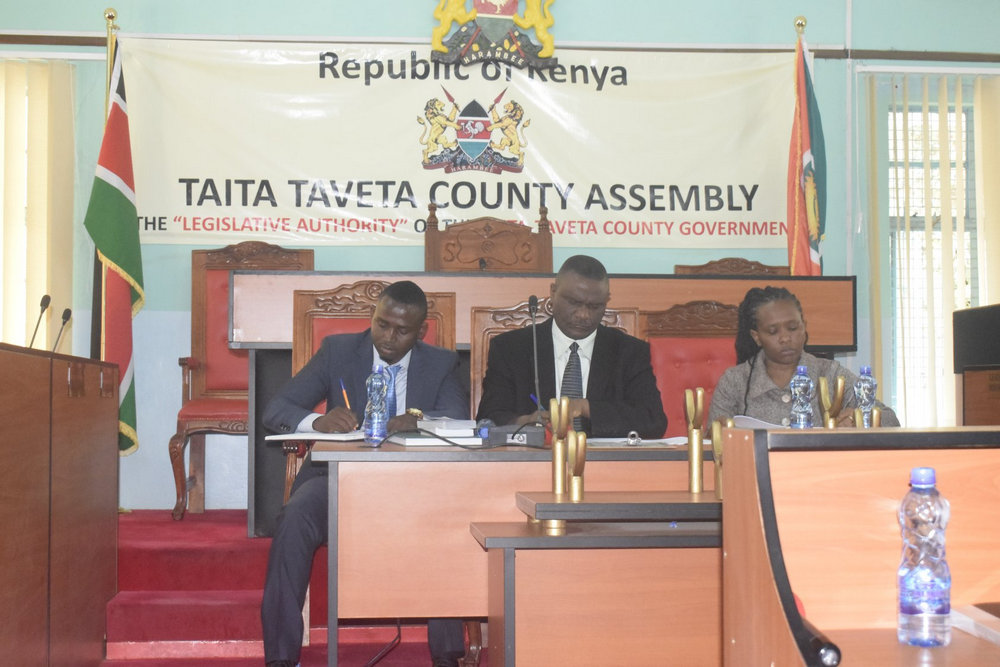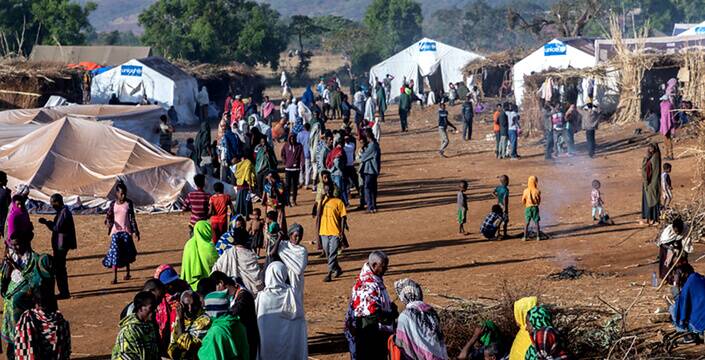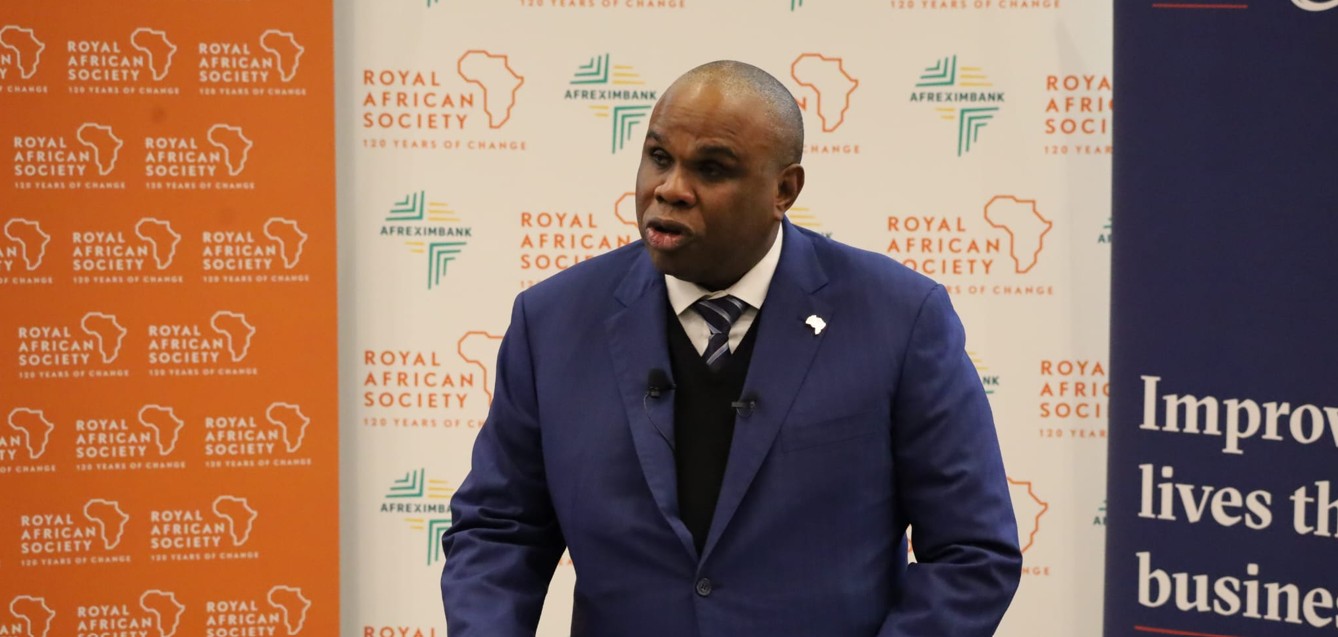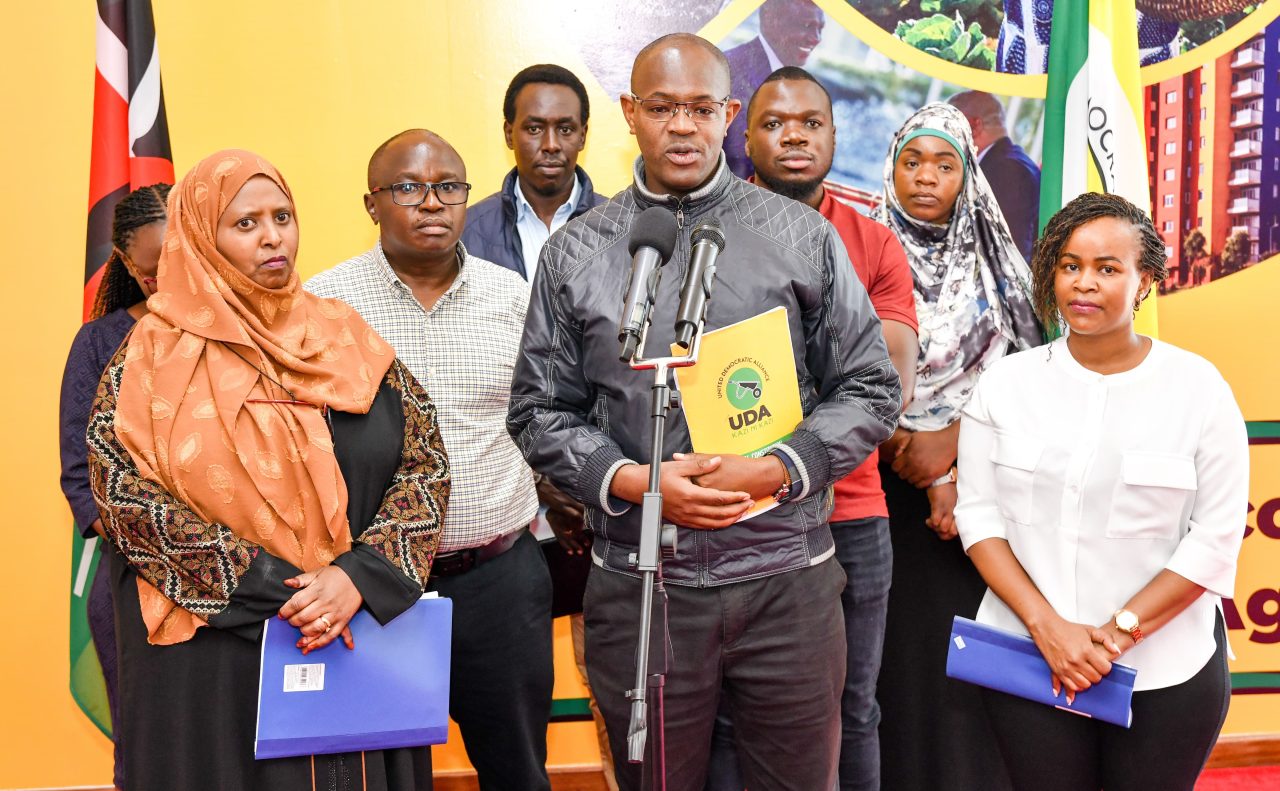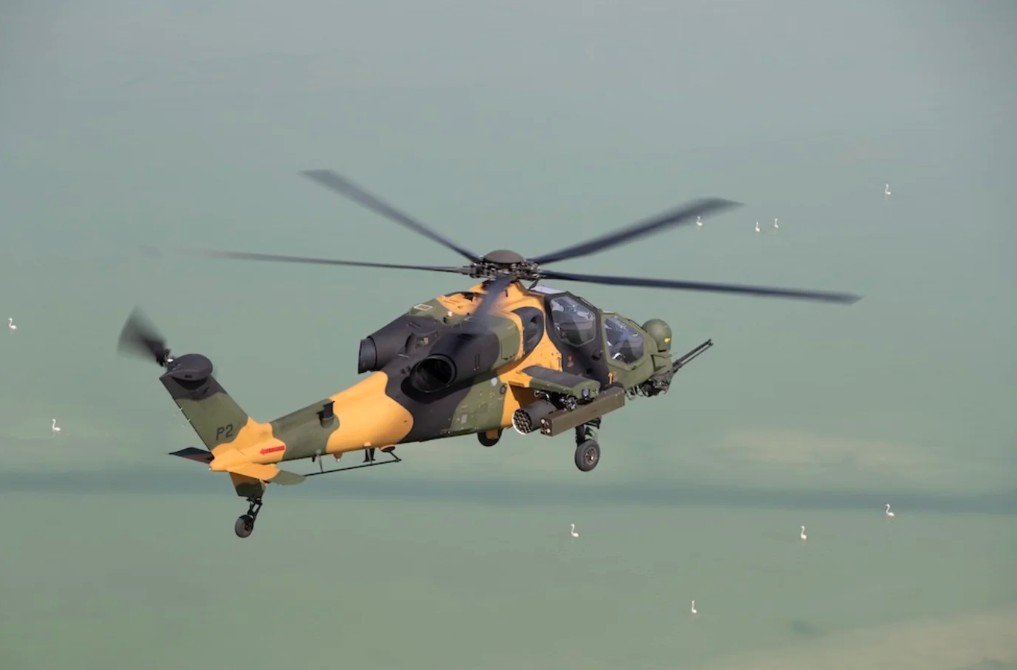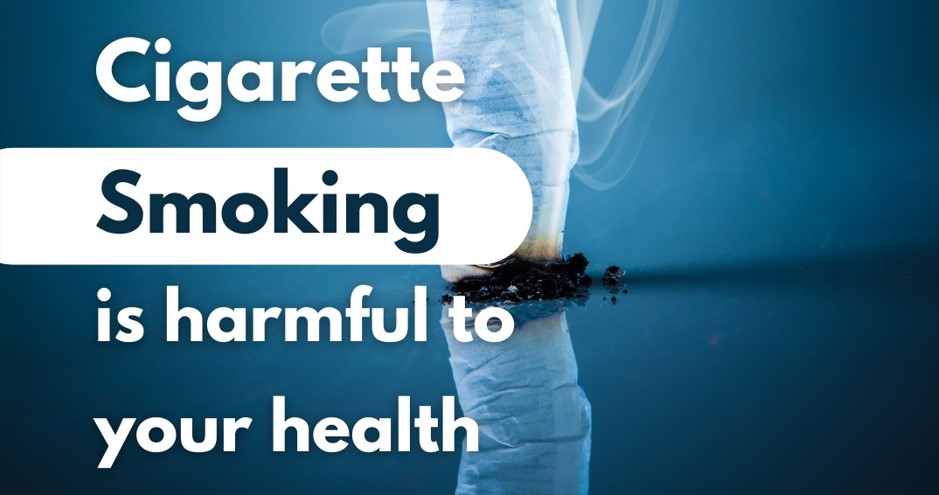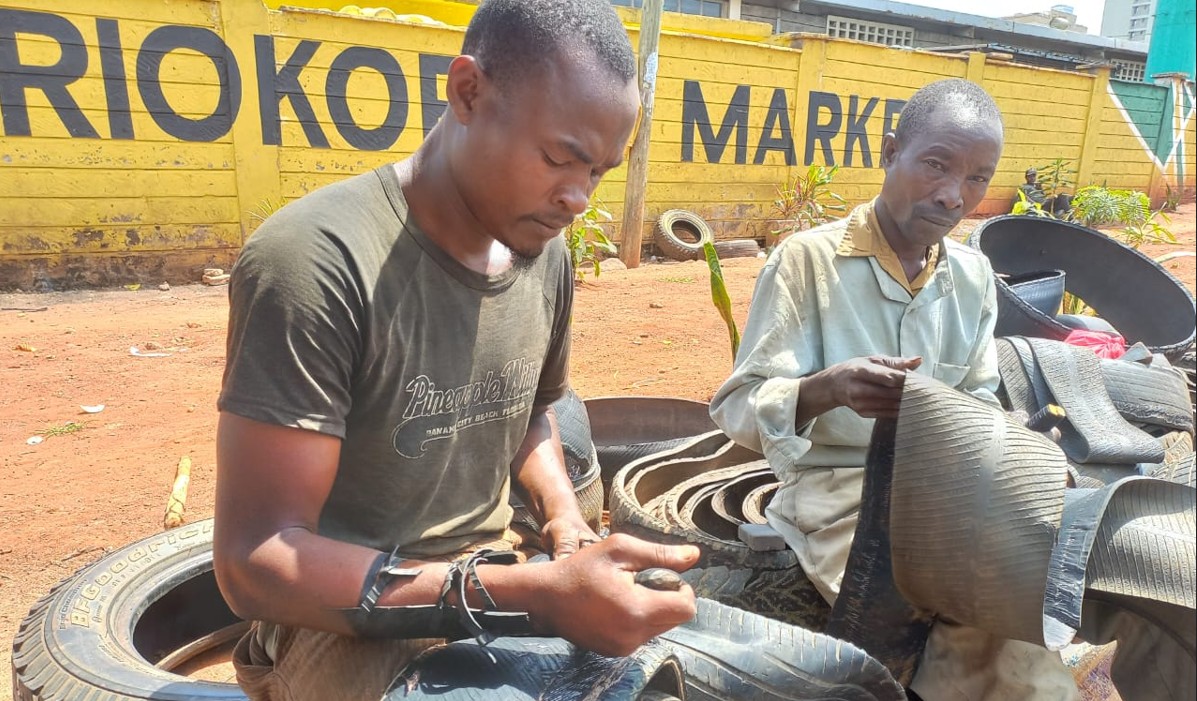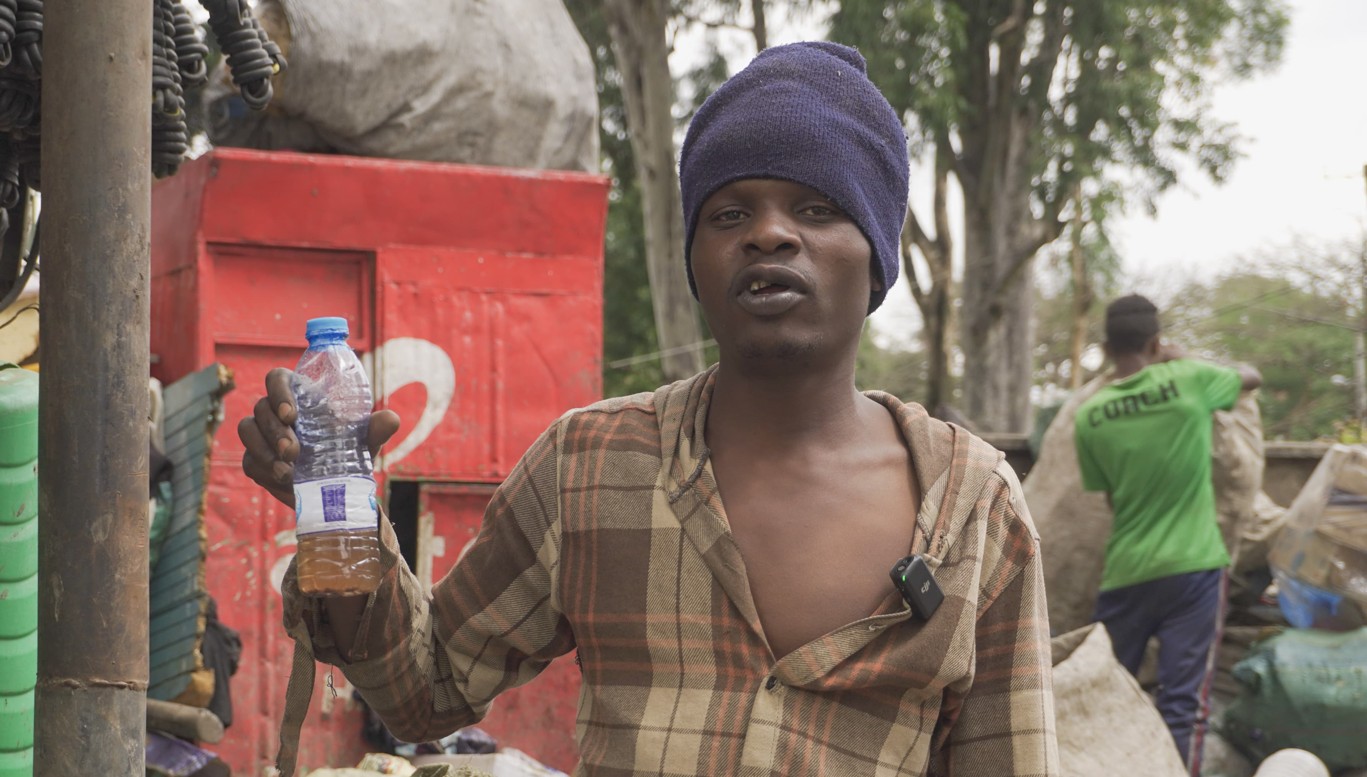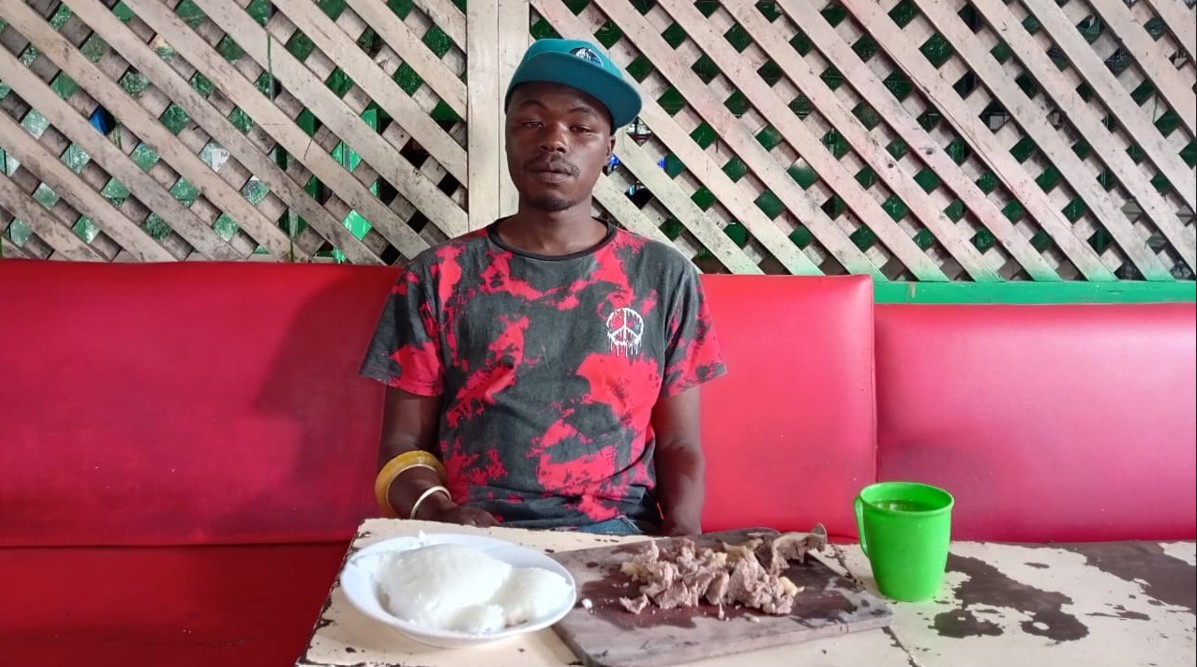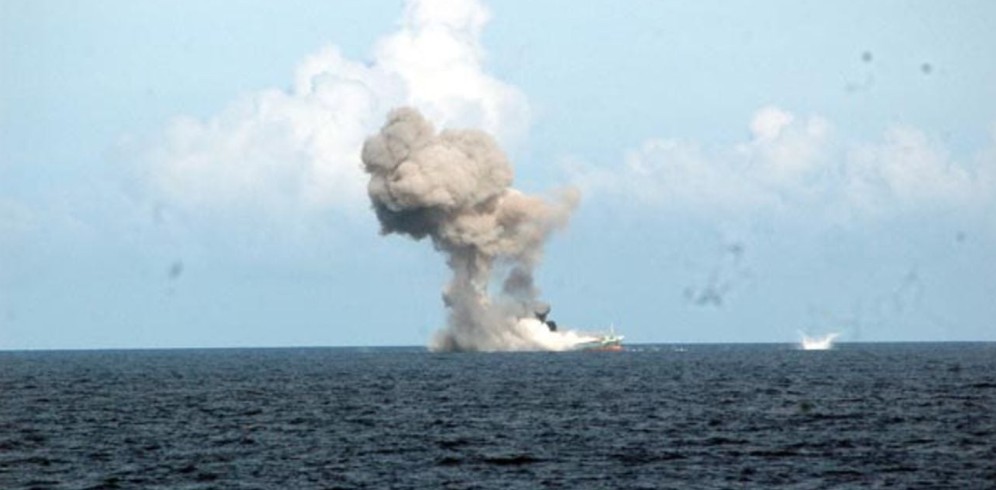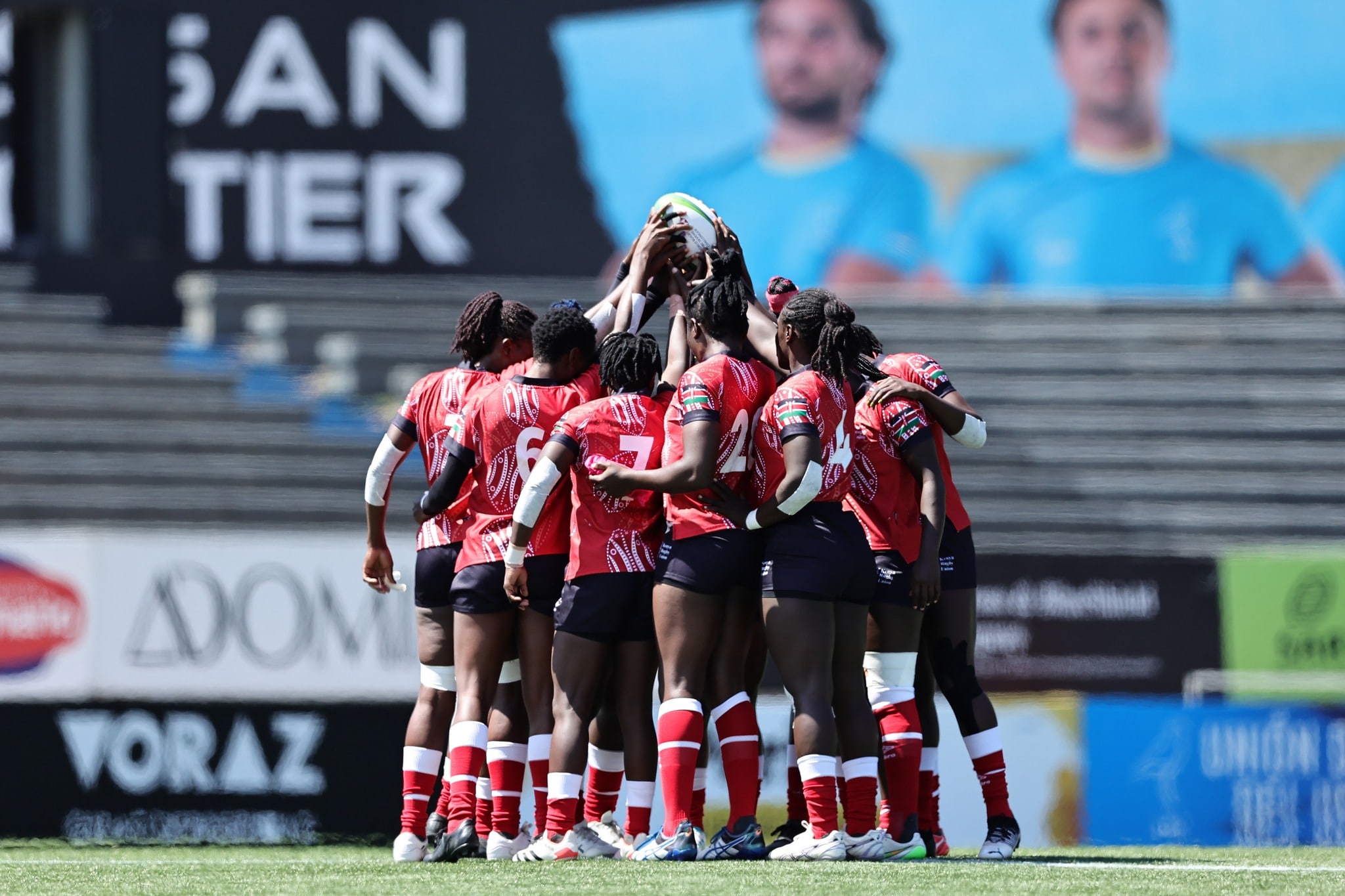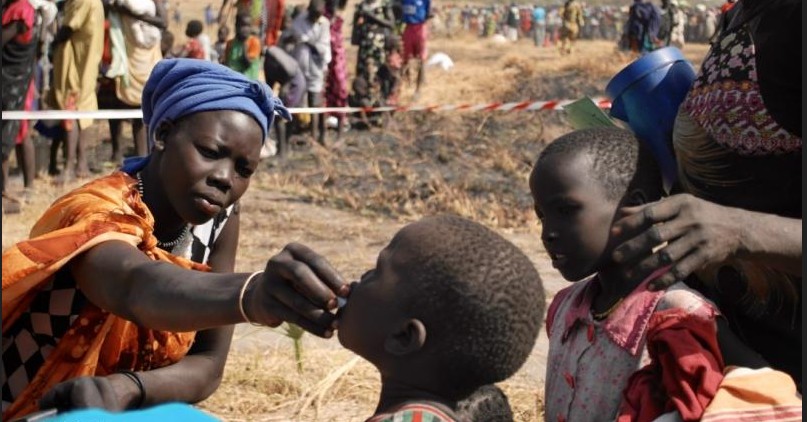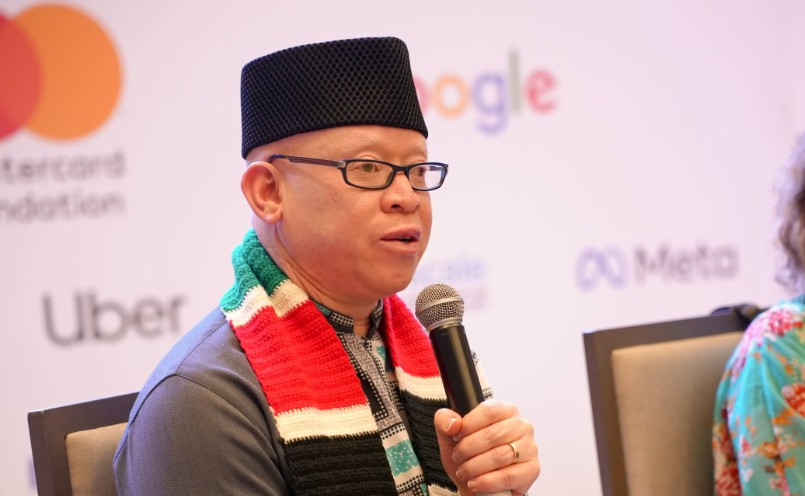Sudan urges ICJ to hold UAE accountable for genocide in Darfur and halt support to RSF
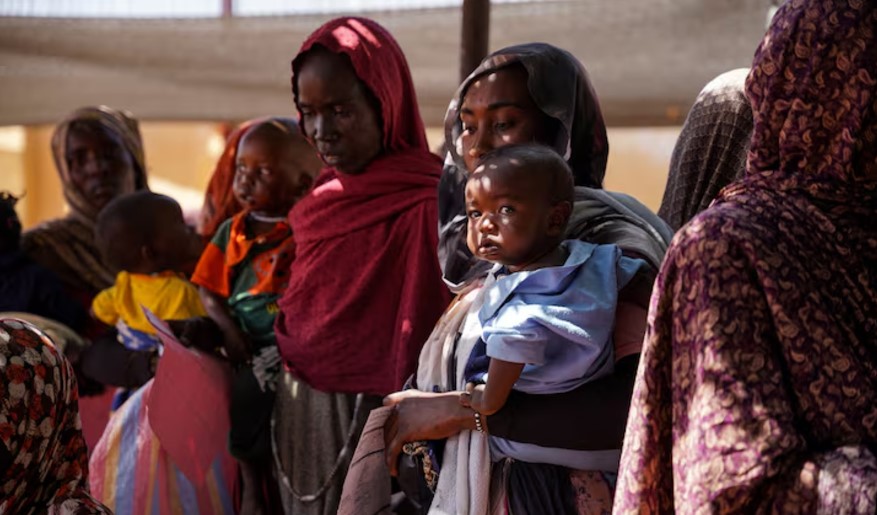
Specifically, Sudan wants the court to compel the UAE to stop all forms of assistance to the RSF, which it argues has enabled the militia to carry out mass killings, displacement, and other crimes against humanity.
Sudan has called on the International Court of Justice (ICJ) to hold the United Arab Emirates (UAE) accountable for its alleged role in the ongoing genocide in Darfur, demanding that the court orders an immediate end to the UAE’s support for the Rapid Support Forces (RSF) militia.
In a statement, the government of Sudan reaffirmed its commitment to international law and justice for the victims of atrocities committed in West Darfur.
More To Read
- Sudan’s Prime Minister Kamil Idris dissolves government amid transition push
- Ruto blasts Sudan generals over escalating war, warns of humanitarian catastrophe
- MSF warns of rising sexual violence in Darfur, urges urgent protection, medical support
- Trump’s Afrikaners are South African opportunists, not refugees: What’s behind the US move
- Sudan's RSF converts Zamzam Refugee Camp into military base
- US imposes sanctions on Sudan over alleged use of chemical weapons in civil war
The appeal to the ICJ comes in the wake of a formal case Sudan filed against the UAE on March 10, 2025, accusing the Gulf state of breaching the Genocide Convention through its continued provision of weapons and logistical support to the RSF.
Sudan alleges that the RSF, a paramilitary group heavily involved in the current conflict, has carried out systematic attacks against civilians, particularly targeting the Masalit ethnic group in West Darfur.
These actions, according to Sudan, constitute acts of genocide under international law.
“The Republic of Sudan initiated urgent legal proceedings against the United Arab Emirates before the International Court of Justice (ICJ), invoking Articles IV and IX of the Convention on the Prevention and Punishment of the Crime of Genocide, to which both nations are committed,” the government stated.
"The UAE has provided significant military and logistical support to the Rapid Support Forces (RSF), a militia responsible for committing widespread atrocities in Sudan, particularly targeting the Masalit community in West Darfur. Sudan asserts that these actions constitute a grave violation of its obligations under the Genocide Convention," the statement read.
The Sudanese government is urging the ICJ not only to declare the UAE violates its treaty obligations but also to impose immediate provisional measures to prevent further harm.
Specifically, Sudan wants the court to compel the UAE to stop all forms of assistance to the RSF, which it argues has enabled the militia to carry out mass killings, displacement, and other crimes against humanity.
“Sudan is fervently requesting the ICJ to formally declare the UAE in violation of its treaty obligations and to enforce immediate provisional measures that compel the cessation of all forms of UAE's support to the RSF militia,” the statement read.
Sudan further emphasised that its actions are grounded in Article 3 of the Vienna Convention, underscoring its “unwavering commitment to the rule of law and justice.
The ongoing two-year conflict between Sudan's military and the RSF has resulted in tens of thousands of deaths and displaced over 12 million people from their homes.
In a brief statement commemorating the grim anniversary on the X platform, Dr Workneh Gebeyehu, Executive Secretary of the Intergovernmental Authority on Development (IGAD), described the war as a tragedy of “shattered dreams, lost lives, and one of the world’s worst displacement crises.”
He called for an end to fragmented peace efforts and urged regional and global actors to prioritise the voices and needs of the Sudanese people.
“Regardless of conflicting interests or diverging priorities, the people of Sudan must come first,” Workneh said, adding that a coordinated peace process is urgently needed.
“To every life lost and every family torn apart, we extend our deepest condolences. We will not turn away—we will not stop until peace returns to Sudan.”
Similarly, World Health Organisation (WHO) Director-General Tedros Adhanom Ghebreyesus highlighted the severe toll the conflict has taken on the Sudanese people.
"Two years of deadly conflict have left millions of Sudanese hungry, injured, ill, and homeless," Tedros said, recalling his visit last summer to Port Sudan and the Adré crossing in Chad, where Sudanese mothers and children are seeking refuge. He mentioned the deep emotional impact of witnessing their pain.
Despite the challenges of insecurity and limited access, Tedros emphasised that the WHO and its partners are working relentlessly to deliver humanitarian aid and health assistance to those affected. However, he made it clear that humanitarian aid alone will not resolve the crisis.
“Sudanese people need peace. The best medicine is peace,” he added.
Tedros also urged for the protection of civilians and health services at all times, stressing the need for a sustained commitment to lasting peace in the region.
Top Stories Today
